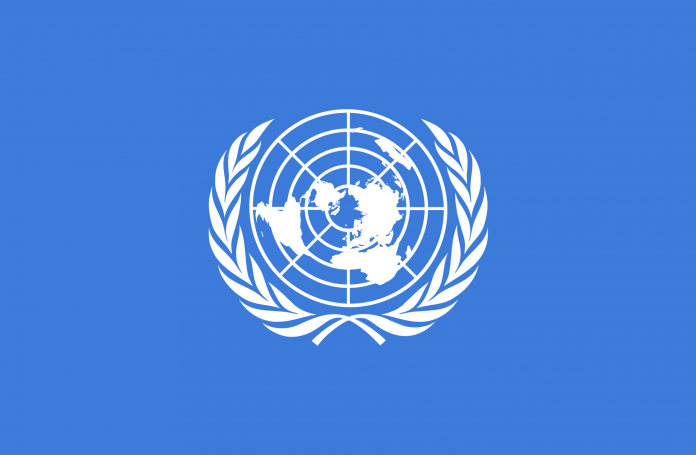The Federal Government of Nigeria and the United Nations have jointly unveiled a $159 million emergency response plan aimed at averting a looming food security and nutrition crisis in the conflict-ravaged states of Borno, Adamawa, and Yobe (BAY) in north-east Nigeria.
The 2025 Lean Season Response Plan, launched in Abuja by Nigeria’s Minister of Humanitarian Affairs and Poverty Reduction, Professor Nentawe Goshwe Yilwatda, and the UN Resident and Humanitarian Coordinator, Mohamed Malick Fall, seeks to deliver urgent humanitarian aid to two million of the most vulnerable people over the next six months.
According to the plan, over one million children in the BAY states are at risk of severe acute malnutrition (SAM) in 2025—twice the number recorded in 2024. Of that figure, more than 600,000 face immediate danger during the upcoming lean season beginning in June. Without timely intervention, many could lose their lives.
“This Plan is not just about structures and strategies. It is about a promise that no child in Borno, Adamawa, or Yobe should have to sleep hungry when the world has enough food,” Minister Yilwatda stated. “Dignity must never be a casualty of conflict or poverty.”
The Cadre Harmonisé food security analysis, released in March 2025, estimates that 4.6 million people in the BAY region will face acute food insecurity during the lean season, marking the sixth straight year of severe humanitarian conditions. The situation is compounded by a 15-year-long crisis driven by conflict, climate shocks, and economic instability.
Significant funding cuts in 2025 have worsened the crisis, with up to 70 percent of health services and 50 percent of nutrition services now disrupted, threatening hard-won progress in child and maternal health.
“Humanitarianism is under threat; solidarity is in short supply,” said Mohamed Malick Fall. “The lack of resources is putting millions, especially children, at risk. Government leadership is vital, but we also need the private sector and new donors to step up.”
The response plan prioritizes food aid, emergency healthcare, nutrition, water and sanitation, protection, and support for agricultural livelihoods. It also emphasizes long-term resilience through locally led initiatives.
As the lean season approaches, the call is urgent: early, coordinated action is essential to save lives and preserve dignity in one of Nigeria’s most vulnerable regions.






